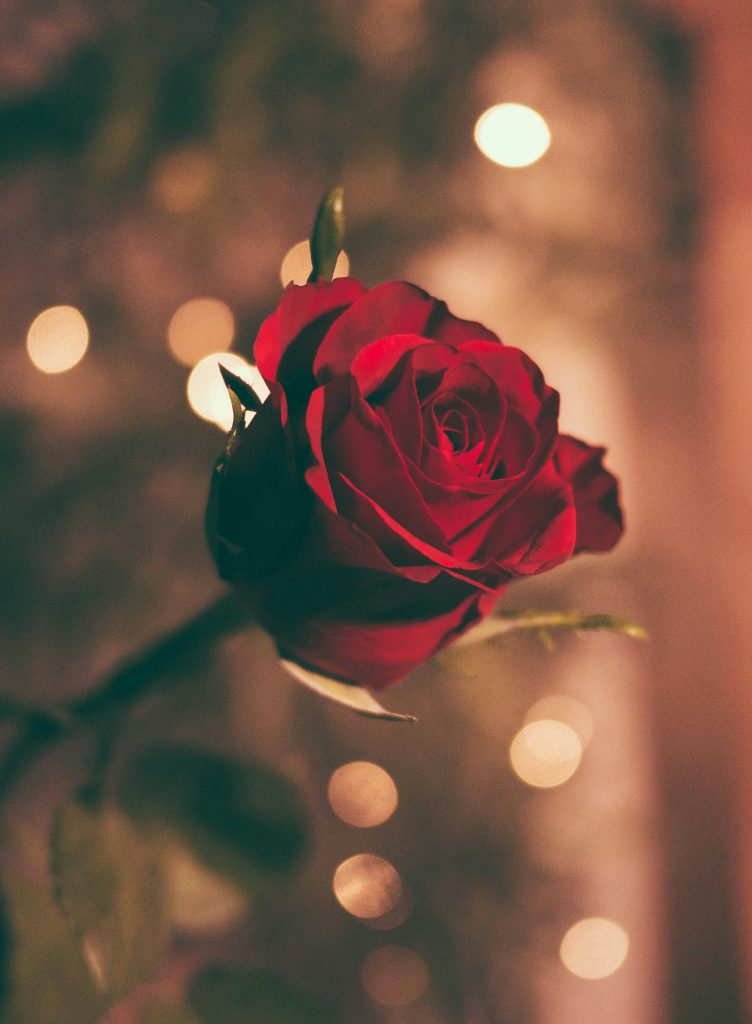
As a longtime fan of “The Bachelor” franchise, I anxiously awaited the announcement for who would be named the next “Bachelorette” in the Season 28 finale. Of course, it’s exciting to see how the season ends and who the bachelor ends up with, but it’s also equally exciting to see who the next Bachelorette will be, which is one of the season’s stand-out contestants. Season 28 of “The Bachelor” featured Joey Graziadei, a 28-year-old tennis pro from Pennsylvania, as the lead. Graziadei was looking for his future wife among 32 contestants.
Graziadei’s season was one of the most popular with the season finale bringing in 6.31 million viewers, which is the most watched Season Finale in the history of “The Bachelor” franchise. The fan favorite contestant was Maria Georgas, who I was also hoping would be selected since her unfiltered and authentic personality shone through in Graziadei’s season. However, Jenn Tran was announced as the lead for “The Bachelorette” Season 21. Tran is a 26-year-old physician assistant and was loved by the fans during Graziadei’s season due to her compassionate and sweet personality.
Jenn Tran is Vietnamese American, making her the first Asian Bachelorette, and first Asian lead of any “Bachelor” franchise season.
“Growing up, I’ve always wanted to see Asian representation on TV,” said Tran, in response to this historic moment, “And I feel like it was really sparse. Any time Asians were in the media, it was to fill a supporting character role, to fulfill some sort of stereotype, and I always felt boxed in by that. And now to be here today, standing in this position being like, I am going to lead my own love story. I am going to be the main character in my story, I just can’t help but think about how many people I’m inspiring and how many lives I am changing.”
“The Bachelor” franchise has faced controversy in the past and criticism due to its lack of diversity and racism scandals. In the 21 years the show has been on air, there have only been two other leads of color, Matt James and Charity Lawson. During James’ season, there was controversy that the show had perpetuated racial stereotypes in James’ storyline after he spoke out about how his father, who is Black, was presented as an absent father. The former host, Chris Harrison, exited the show after he defended Rachel Kirkconnell, a contestant on James’ season, who had attended a party at a plantation and liked social media posts with the Confederate flag in them.
For many years, the cast of “The Bachelor” has been overwhelmingly white and homogenous. I can remember watching prior seasons with majority white and stereotypically beautiful contestants, many of whom were former pageant contestants or NFL cheerleaders. Of course, the contestants themselves did nothing wrong. The fault lies with the casting and production. The lack of racial, body type and socioeconomic diversity in the shows remains exceedingly obvious. Over the past few seasons, there has been greater racial diversity, but often these contestants have been given unequal storytime editing and screen time. Jokingly, I’ve often mentioned to my friends that it seems like they only keep the Asian contestants on long enough to be tokenized before the white lead chooses another white contestant at the end.
Not only are there issues with a lack of diversity in “The Bachelor,” but there are also issues of cyberbullying and harassment that contestants of color experience from fans and online users. Social media following can be viewed as a proxy for fans’ support for certain contestants, and white contestants see a greater growth in following after being on the show than contestants of other races, according to Bachelor Data. In addition to unequal support from fans, many contestants have faced online hate and racism. Rachel Nance, a contestant on Graziadei’s season who finished in the top three and is African and Filipino American, spoke out about the racially motivated hate she’s received from fans. Nance said, “I was nervous to talk about it because I know some people feel uncomfortable when they hear that racism is still going on in 2024. But I think people need to sit in feeling uncomfortable because, how do you think I feel getting those messages?”
It’s easy to write off the show’s casting and historic decision as trivial since, after all, it’s just a reality show. However, as an Asian woman, I believe that this moment is important and that more people should take notice of it. As Jenn Tran pointed out, Asians are overlooked in almost all forms of media, and when they are portrayed, they’re often stereotypical or relegated to supporting roles. I think it’s important for an Asian-American woman to finally be a star in her own story rather than a token who is overshadowed by white voices. I’m excited to see how her journey plays out and am hopeful that her season will be a turning point for reality TV to showcase more Asian contestants.
You can catch the new season of “The Bachelorette” on ABC airing on Jun. 1, 2024.
